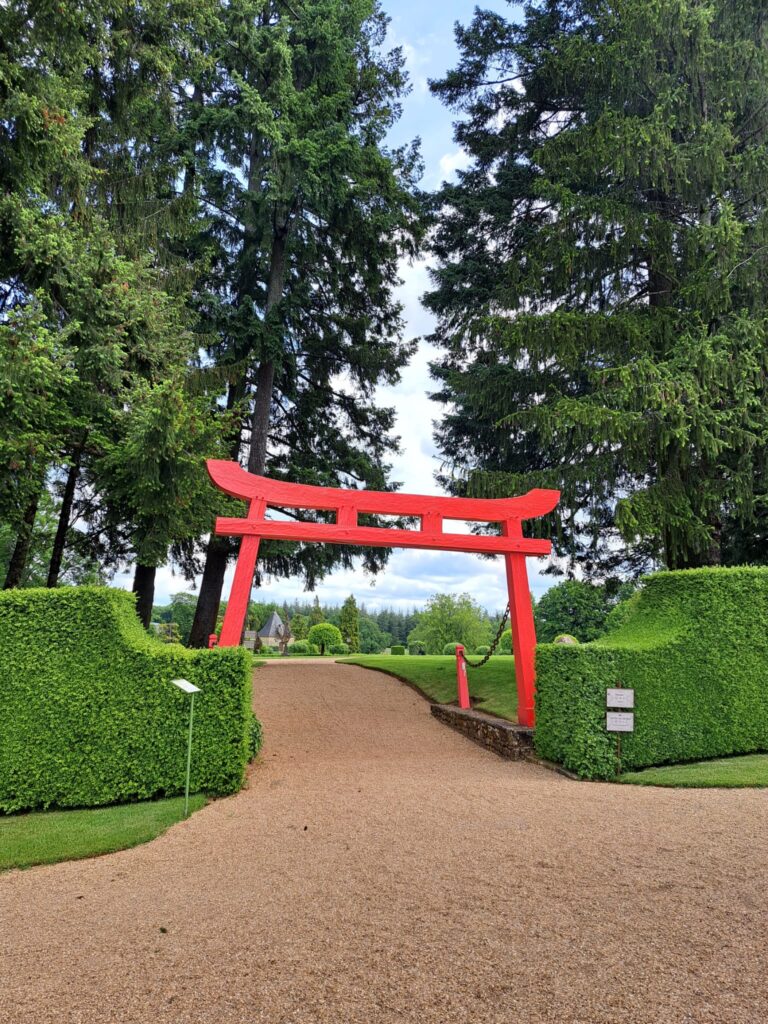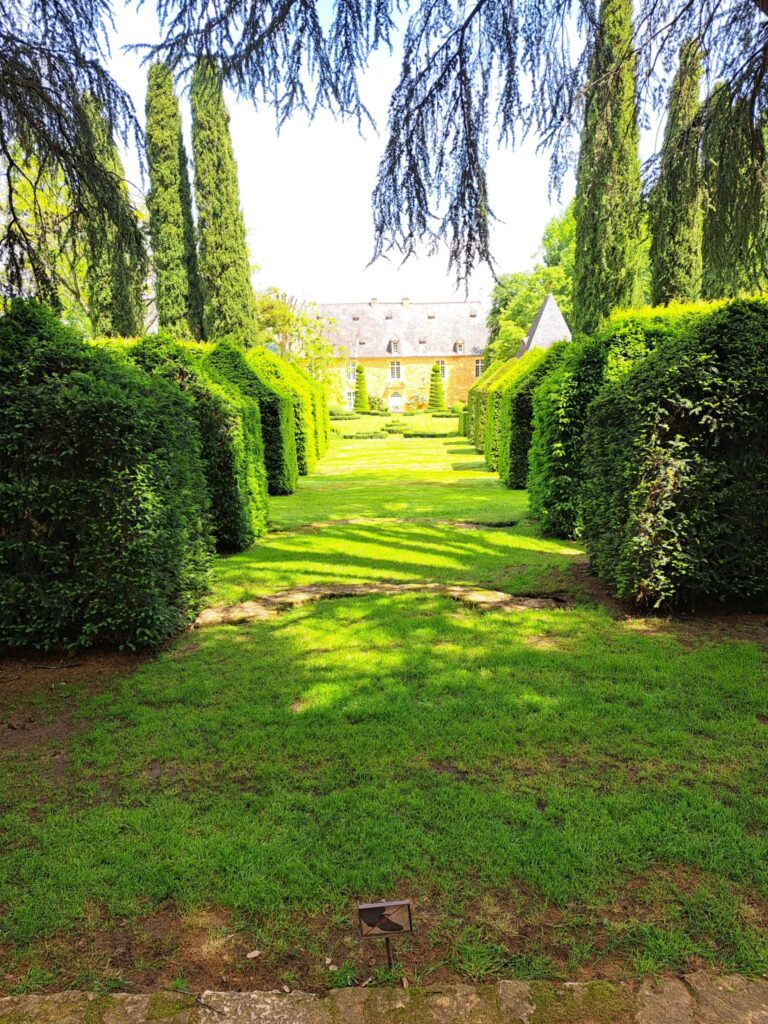Perigord
The Dordogne, and Perigord Blanc, where the cottage is located, is renowned throughout France for its food, wine, markets, history and scenery revealing rolling hills interspaced with green valleys each with lovely river settings.
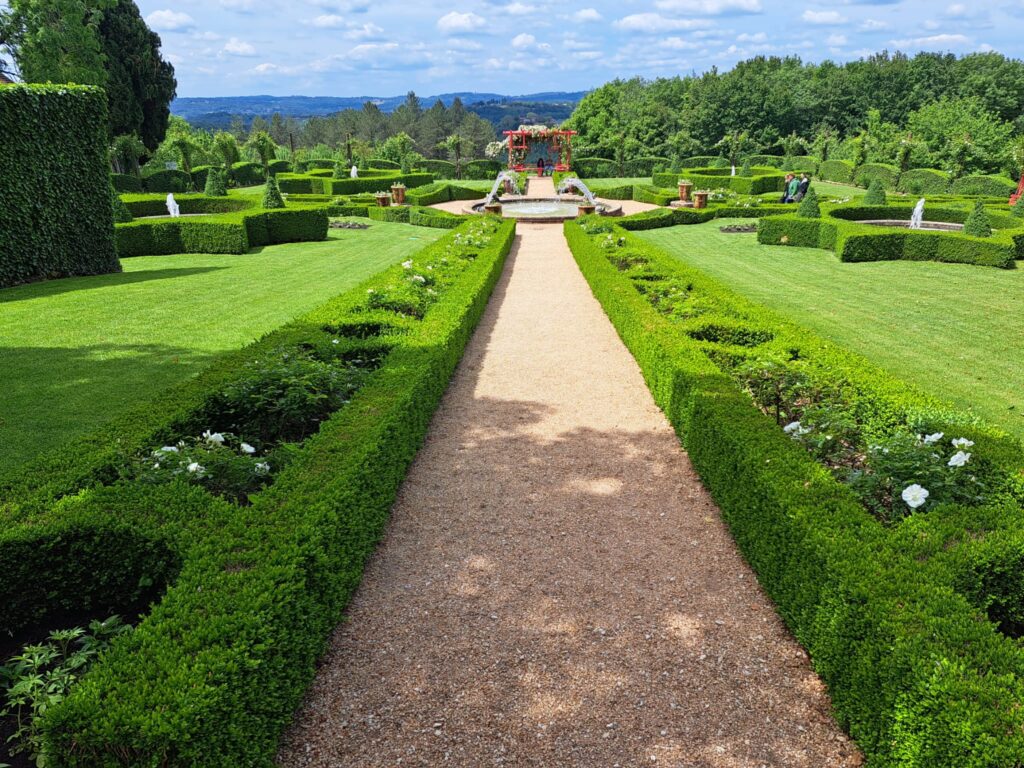
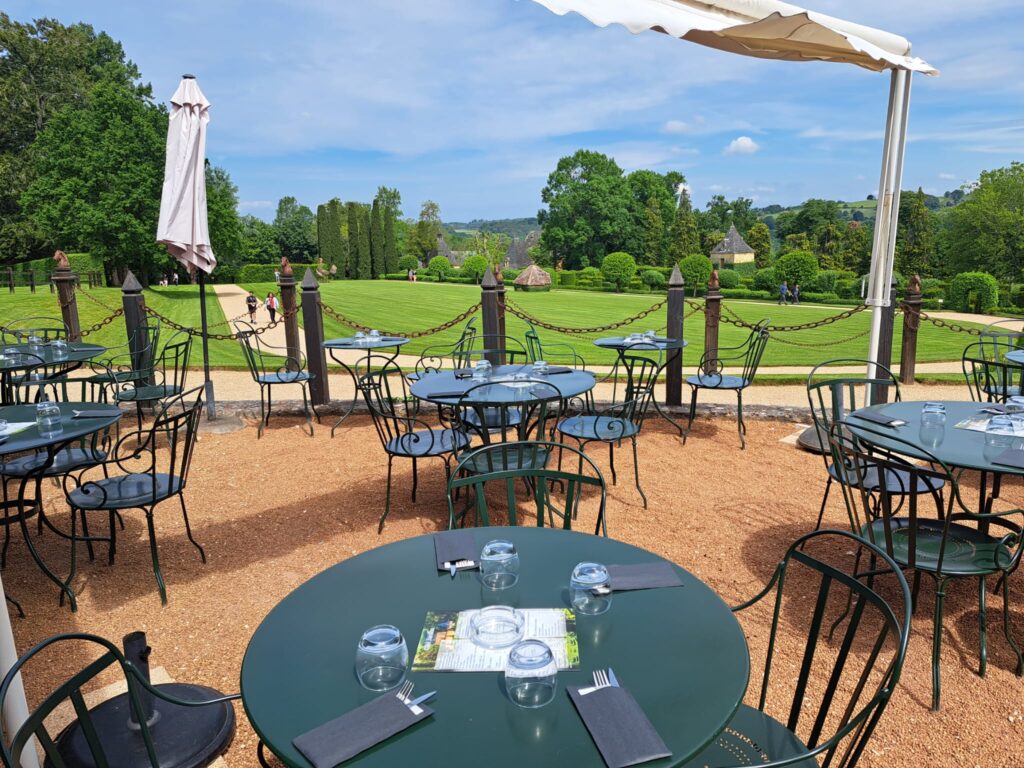
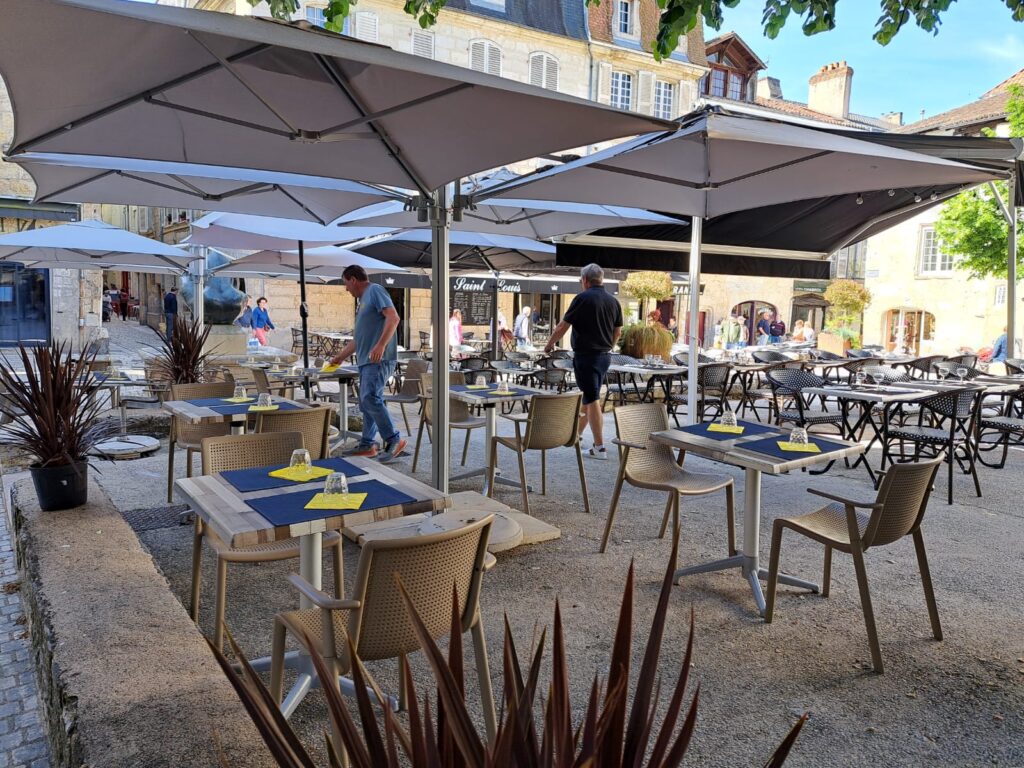
Foie gras, truffles, confit of duck, goat’s cheese, snails, walnuts & walnut oil are some of the famous specialty foods of the area. Rose & Pecharmant (red) wine from Bergerac, sweet wine from Monbazillac, and the ‘black’ (Malbec grape) wine of Cahors are also famous throughout France.

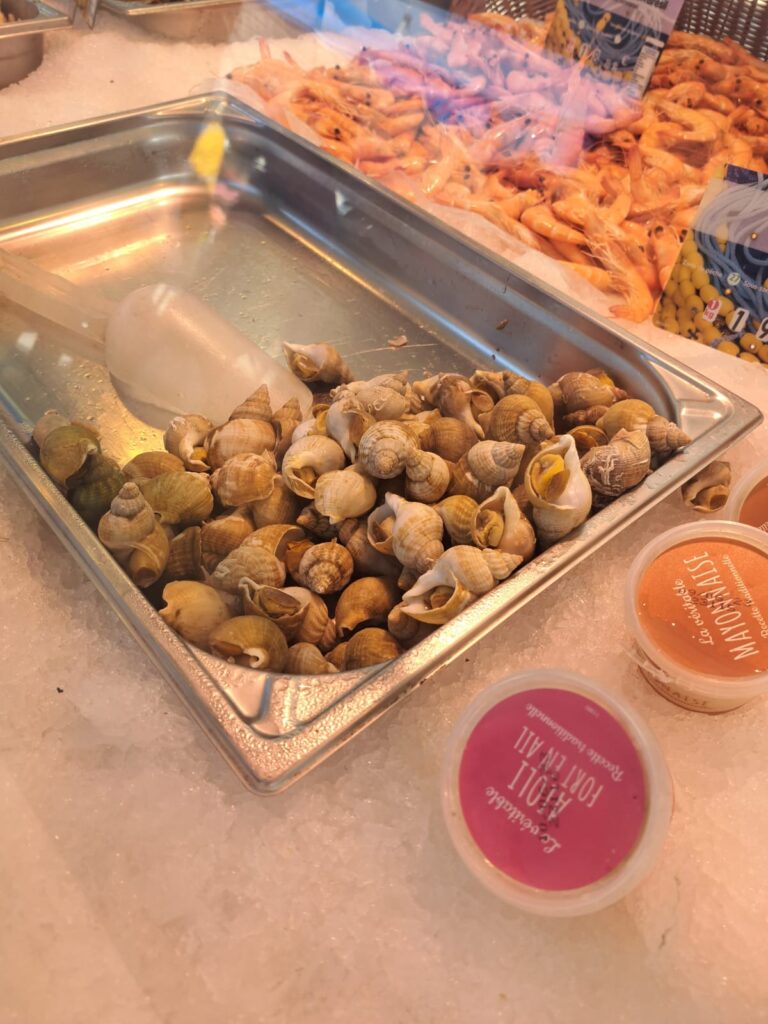
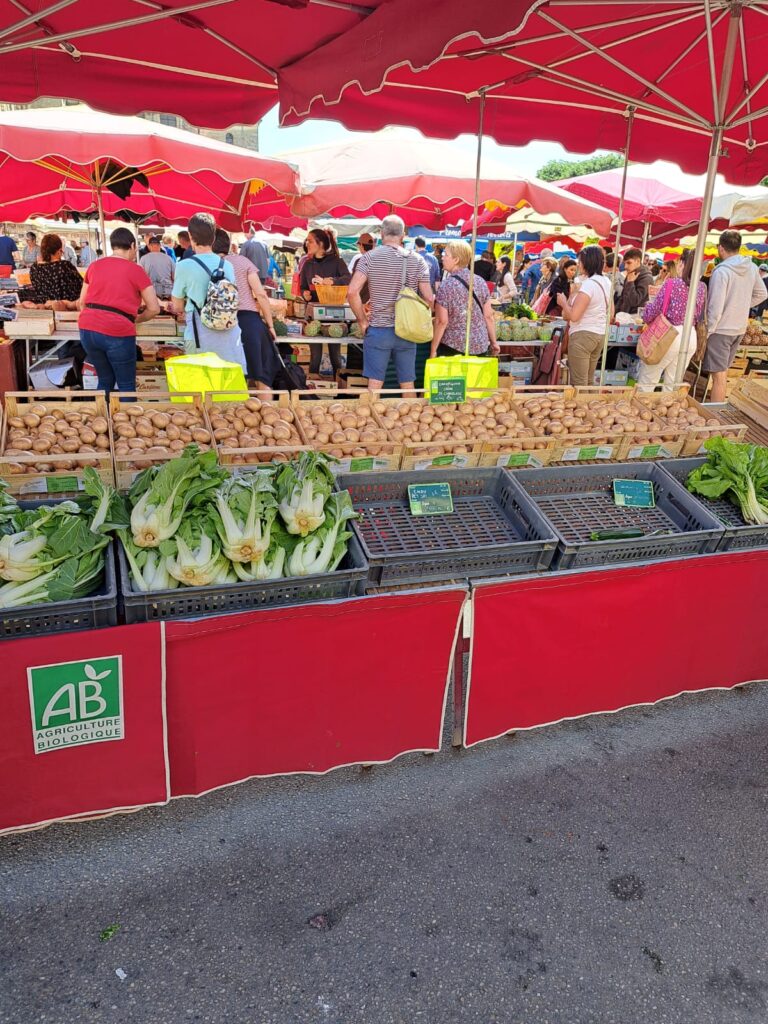
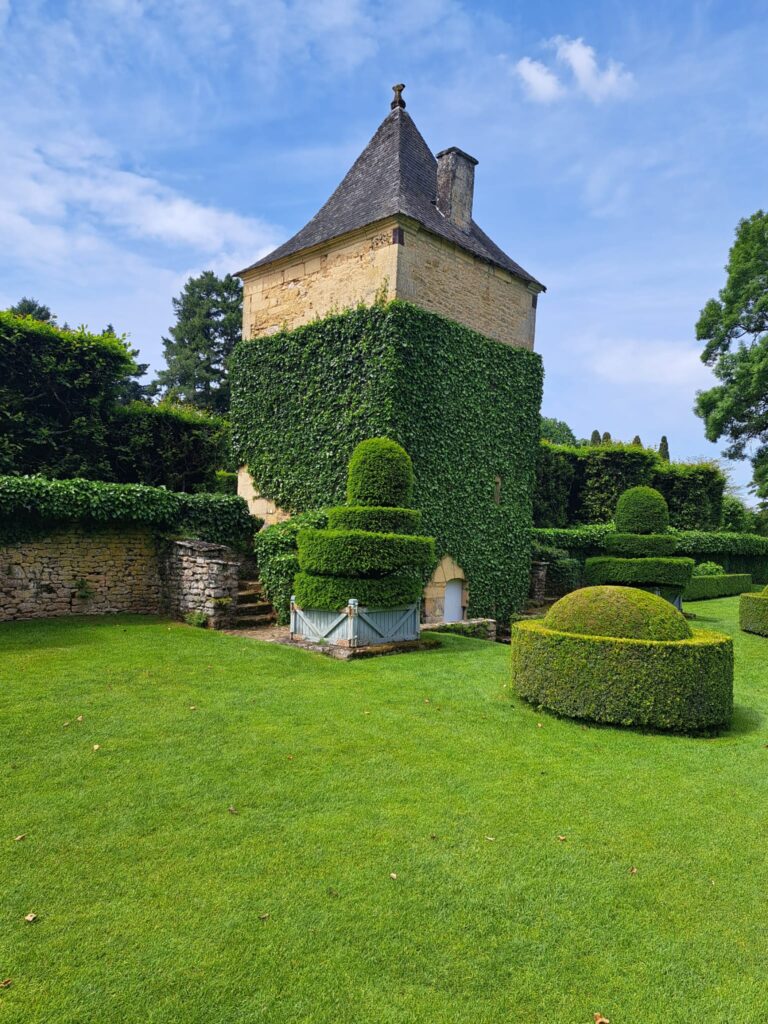
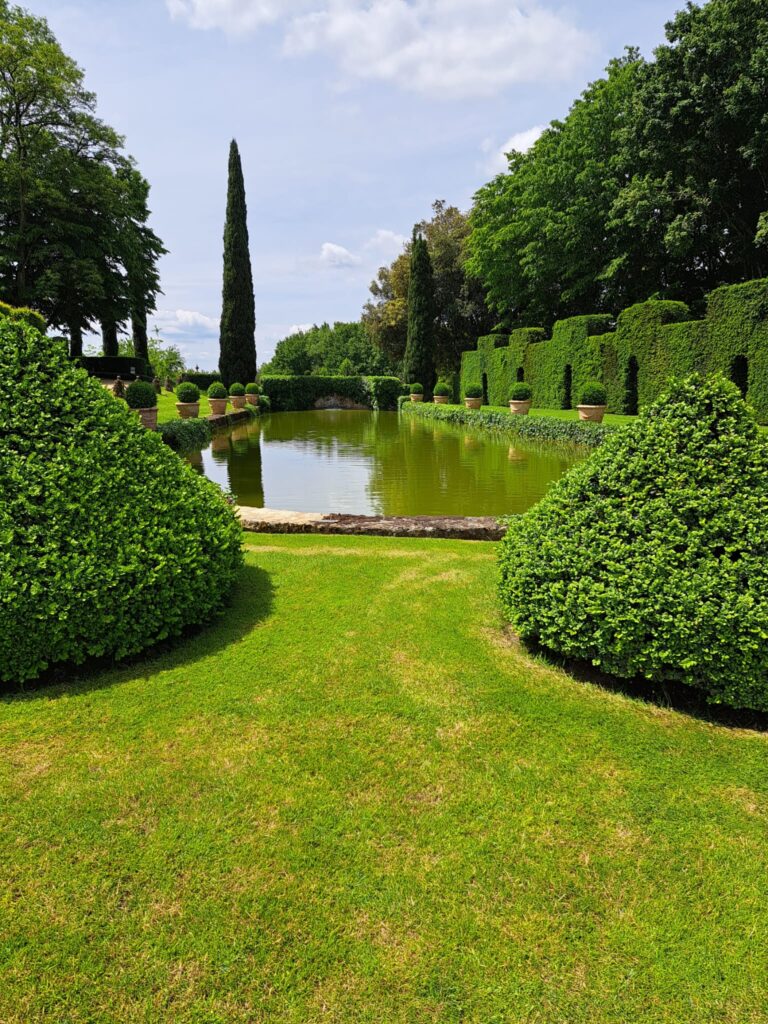
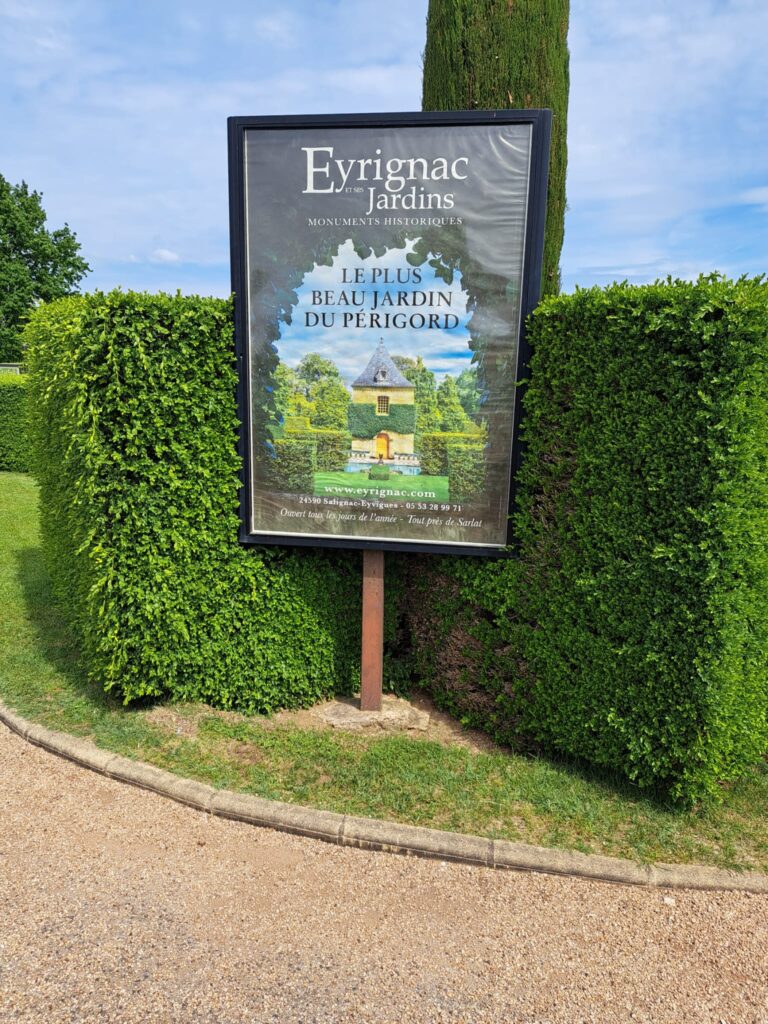
History
The Dordogne has been an area involved in much of France’s (and in fact the world’s) history dating back 50,000 years when Neanderthal, and then more recently Cro-Magnon man, who knew a good thing when he saw it, took up cave residence in the valleys of the Dordogne. Their cave paintings and etchings showing their amazing ability to reproduce their world on the walls of their caves are now publicly available and a treasured experience not to be missed. Lascaux, the most famous of these caves, is only 40 minutes drive from Cubjac village.
In more recent times the Romans conquered Gaul (France) 2,000 years ago, and the last decisive battles between Julius Caesar and the Gauls were fought in the Dordogne. There are still the ruins of a 2,000-year-old Roman villa to be seen and, 20 minutes away in Perigueux, is a fascinating Gallo-Roman museum. More recently the Dordogne is the area where Charles Martel turned back the Moors from North Africa & Spain in 733 A.D., and saved Europe from becoming an outpost of Islam. There is a town named after him still with a beautiful church.
The Dordogne is also the area principally involved in the Hundred Years War between England and France in mediaeval times, 500-60 years ago. From this unhappy conflict, rose the bastides (fort towns) and chateaux (castles), some of which rival the equally famous Loire valley chateaux, 2 hours to the north. These great and lovely structures, originally built to defend English & French interests in the area, now grace the hills and overlook the gorges of the rivers of the area.
Richard Coeur-de-Lion (the Lion-hearted), son of Henry II of England and the beautiful Eleanor of Aquitaine, one of the most famous kings of England, and hero of the Crusades in Palestine, was mortally wounded whilst attacking Chalus, a castle about 1 hour’s drive north of Cubjac (the French cross-bower who delivered the fatal blow was later flayed alive by the English, as a reward for his expertise).
The great religious abbeys & churches of the area, such as Rocamadour & Chancelade, also remain as a testament to the religious fervour of those times and the pity of the religious wars between Catholics and Protestants that were fought also in this area.
